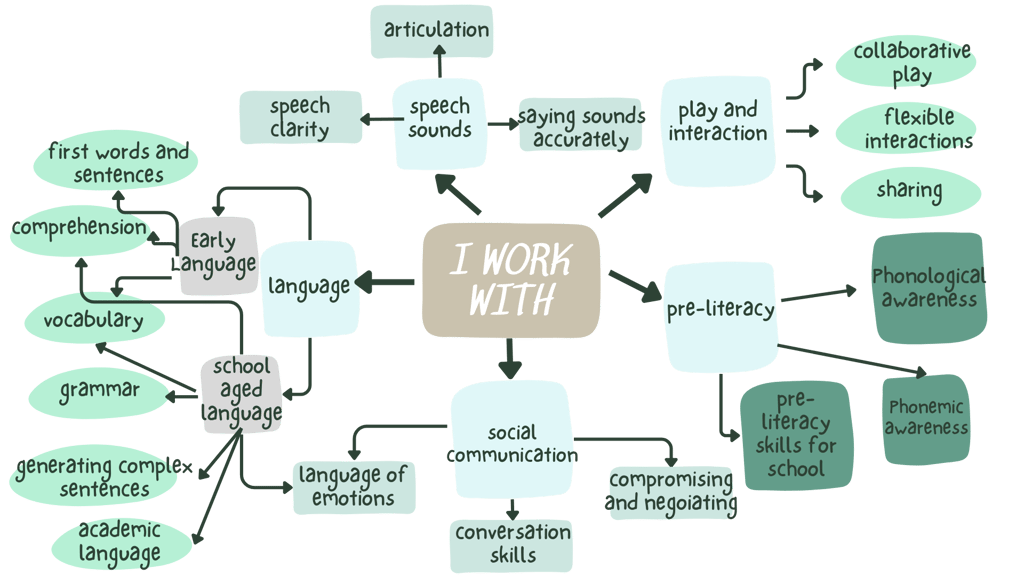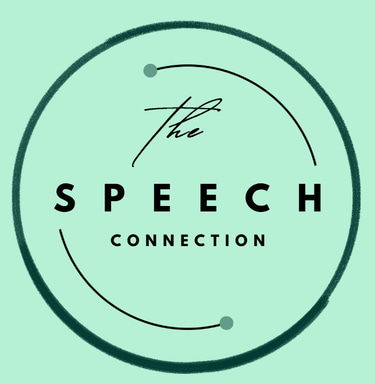What Does Speech Therapy Do? | Speech Therapy
Learn about the varied settings and specialisations of speech and language therapists, committed to delivering evidence-based interventions to enhance communication and support individuals' needs.
Christie Feerick
4/9/20242 min read


Understanding Speech and Language Therapy: A Growing Conversation
You may have noticed that terms like speech and language therapy, autism, and intervention are becoming increasingly common in today's conversations. Whether it's in our children's classrooms, on social media, or even at work, the role of a speech and language therapist seems to be gaining more recognition than ever before.
However, despite this growing awareness, there often seems to be some confusion about what speech and language therapy actually looks like. Questions like "Do you support people who stutter?", "Can you help people change their accent?" and "Do you work with autistic children?" frequently come up.
The Diverse Role of Speech and Language Therapists
One important consideration to understand is that within the profession of speech and language therapy, clinicans work with individuals across all populations, ranging from children to adults and spanning a wide spectrum of communication needs. This means therapists need to possess a diverse range of skills and specialised knowledge tailored to meet the unique requirements of each population.
My Specialisation as a Paediatric Speech and Language Therapist
I work as a paediatric speech and language therapist and specialise within the areas of speech sound disorders, relationship-based communication development and literacy. This means that my experience, skill set and intervention can look quite different to other paediatric theapists who work in other areas, such as dysfluency and dysphagia.
Additionally, the settings in which speech and language therapists work can vary significantly. Some of us work in specialised clinical settings, some within the local community, while others may provide support to entire schools or communities.
What Unites All Speech and Language Therapists
Despite these differences, there are common characteristics that unify all of us speech and language therapists. We are allied health professionals who have undergone comprehensive university-level training covering various aspects of communication and its disorders. Additionally, we adhere to evidence-based practice principles, continuously updating our knowledge to ensure the delivery of effective interventions. Therapists are accountable to professional bodies such as The Royal College of Speech and Language Therapists and the Health and Care Professions Council. This accountability ensures that we uphold ethical standards and deliver quality care to our clients, regardless of which setting we work in.
Our Shared Goal: Enhancing Lives Through Communication
All in all, while the specifics of a speech and language therapist's day-to-day activities may vary, our overarching goal remains consistent: to enhance communication skills and improve the quality of life for those we serve. I take great pride in my role and am committed to making a positive impact on the lives of the children and families I work with.
Have a question? Start by getting in touch:
The Speech Connection Clinic
Get connected



Suite 9, Royal Quays Community Centre, NE29 6XB
